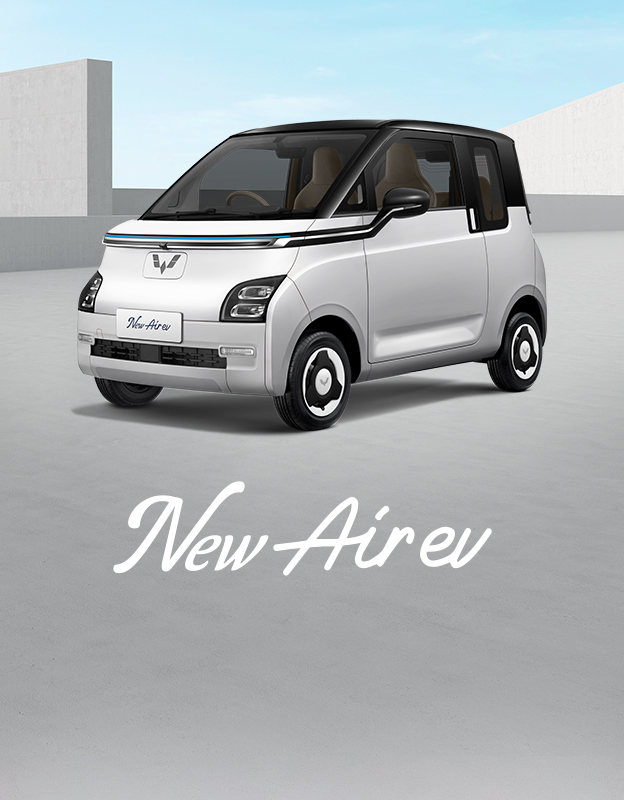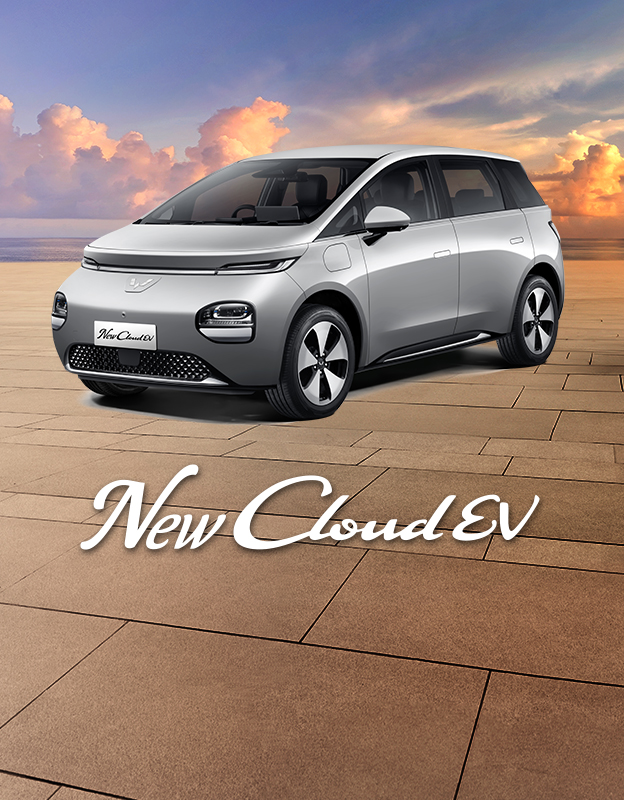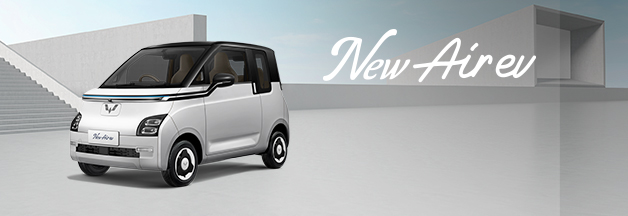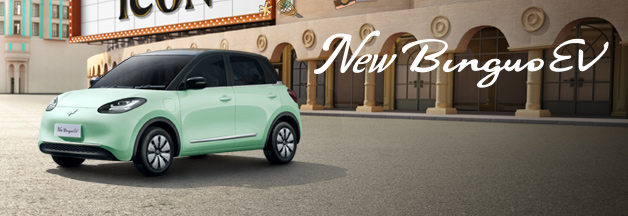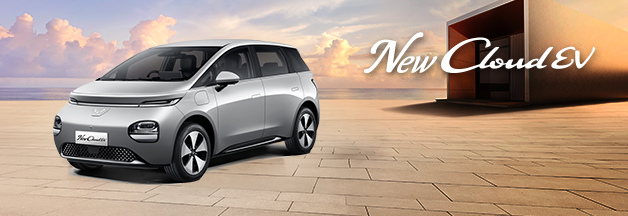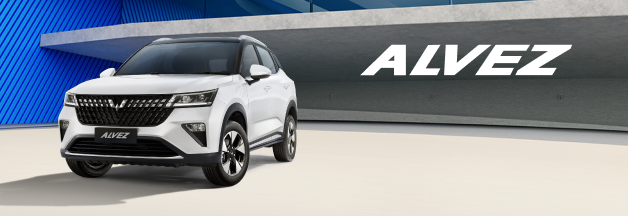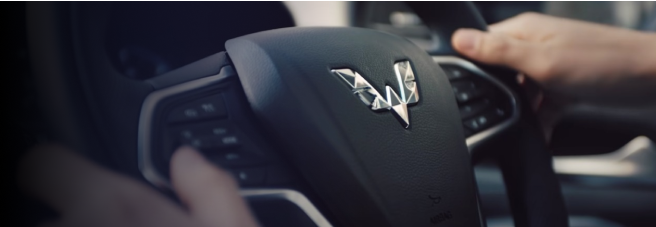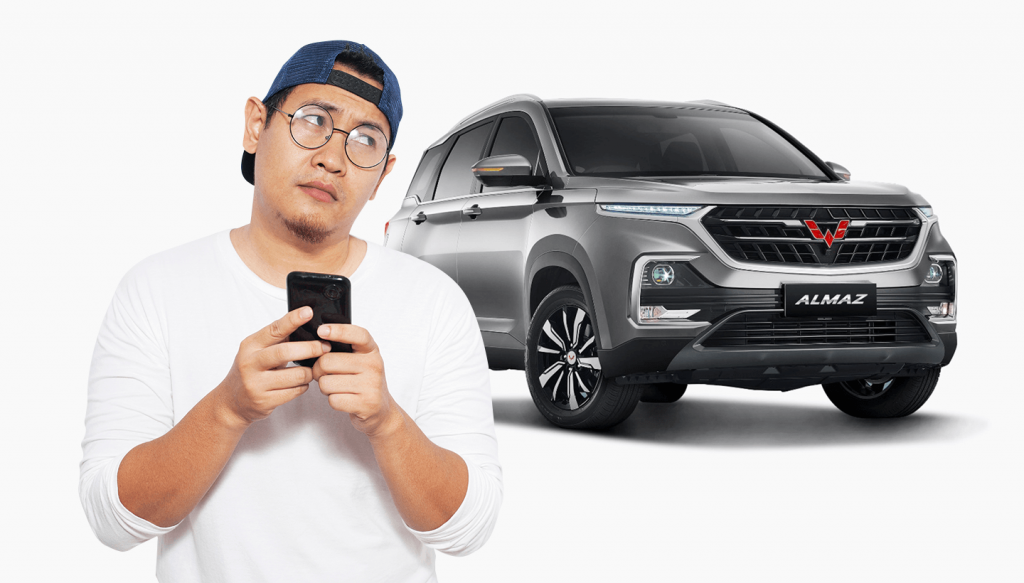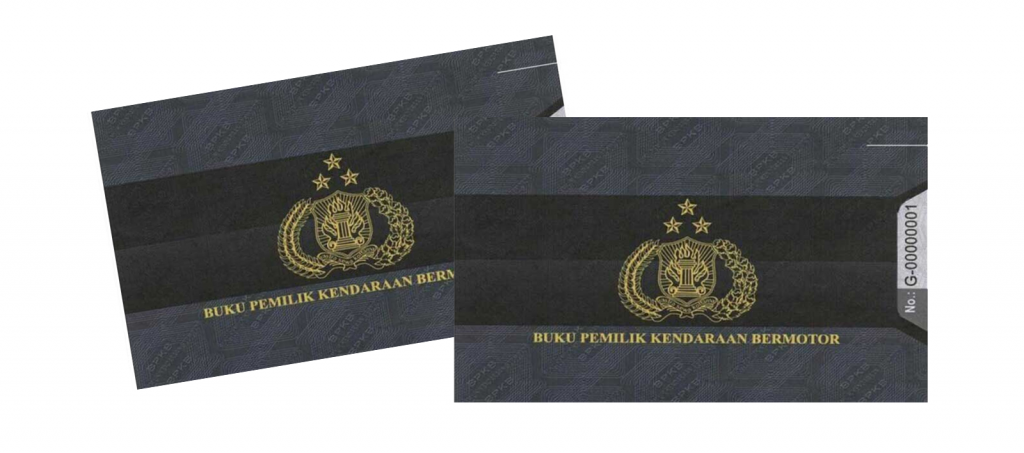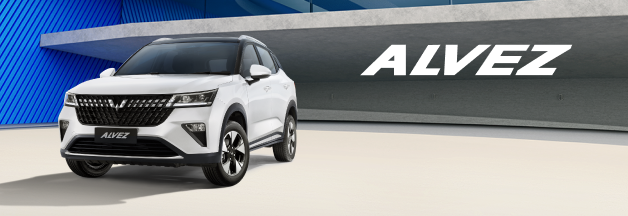
In car purchases, Value Added Tax (VAT) plays a significant role in determining the overall cost borne by consumers. VAT is levied at every stage of goods distribution, including automobiles. In addition to VAT, there is also a luxury goods sales tax known as VATBM (Pajak Penjualan atas Barang Mewah) applicable to car purchases.
Unfortunately, many people, especially those looking to buy vehicles such as new cars, are not familiar with these two taxes. Therefore, before purchasing a new car, it is important to understand what VAT is and the difference between VAT and VATBM. Both VAT and VATBM are essential to comprehend in order to manage budgets effectively and make informed decisions when buying a car.
To gain a deeper understanding, let us explore in detail VAT and VATBM in car purchases, including their definitions, differing tax rates, and the scope of their application to motor vehicles.
Definition of VAT and Luxury Goods Sales Tax
VAT stands for value-added tax. As part of the taxation system in Indonesia, this tax is imposed on every transaction of goods and services, including motor vehicles. VAT is typically applied as a certain percentage of the selling price of goods or services.
Baca Juga
The regulations for VAT are governed by Law Number 6 of 1983, with a rate of 10%. However, the government recently revised Law Number 6 of 1983 with the Tax Regulation Harmonization Law (HRL), which was enacted on October 7, 2021.
According to Kompas, under the latest law, the VAT rate has been increased to 11%, and this provision came into effect on April 1, 2022. It is set to further increase to 12% in 2024. However, exports are exempt from VAT and are subject to a 0% tax rate.
As a result of the VAT rate increase, several car manufacturers have decided to reduce the discounts previously offered to consumers. The 11% VAT rate applies to all types of vehicles, including passenger cars, commercial vehicles, and electric vehicles.
Meanwhile, Luxury Goods Sales Tax (LGST) is a specific tax imposed on high-priced vehicles. LGST is applied to motor vehicles with a selling price above Rp5 billion and cars with an engine capacity exceeding 1,500 cc. This tax aims to impose a heavier tax burden on luxury vehicles as part of the government's fiscal policy.
Differences Between Value Added Tax (VAT) & Luxury Goods Sales Tax (LGST)
Baca Juga
The differences between VAT and LGST lie in the tax rates applied and the types of vehicles covered. VAT has a standard rate of 11% on the selling price of cars, while LGST has higher rates ranging from 10% to 125% on the selling price of luxury cars. VAT is applicable to all vehicles, whereas LGST is only imposed on vehicles with prices above Rp5 billion.
The implementation of VAT and LGST on cars also has consequences for the automotive market. VAT can affect the selling price of cars, so you need to consider the amount of tax to be paid. On the other hand, LGST aims to control the sales of luxury vehicles to prevent excesses, thus reducing social disparities.
The Importance of Understanding VAT and Luxury Goods Sales Tax (PPN & PPNBM) in Car Purchases
The application of VAT (Value Added Tax) and Luxury Goods Sales Tax (PPNBM) on cars has different implications. PPNBM also encourages the use of more affordable cars, while VAT applies to all vehicles, regardless of their luxury level.
Through the implementation of VAT and PPNBM, the government is able to collect the necessary tax revenue to finance various programs and development projects. Additionally, PPNBM aims to reduce social inequality by imposing higher taxes on luxury vehicles. Therefore, these taxes have significant economic and social impacts.
It is important for car owners to understand the differences between VAT and PPNBM when purchasing a car. By knowing the rates and scope of the new car VAT application, you can better manage your budget and make informed decisions. Additionally, it is essential to research tax-saving programs such as the 1% VAT reduction for electric vehicles, which can help you save money when buying a car.
Although the VAT rate for motor vehicles has generally increased to 11%, through this program, you can take advantage of special offers that provide tax discounts, allowing you to pay only 1% VAT for this compact electric car.
Moreover, this program is aligned with the government's efforts to promote the use of electric vehicles in Indonesia. By providing incentives such as a reduced VAT rate for new cars, it is expected to increase public interest in using environmentally friendly electric cars and contribute to reducing greenhouse gas emissions. Thus, the 1% VAT Saving Program for Wuling Air ev offers an opportunity to save money and participate in the use of eco-friendly vehicles.
SHARE:



